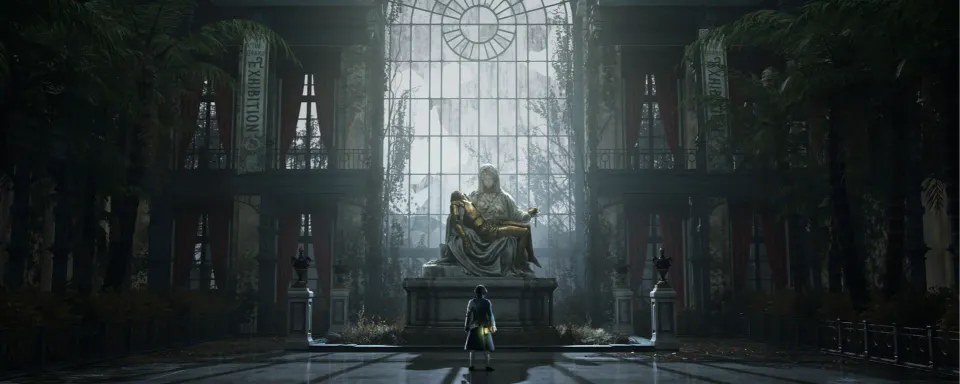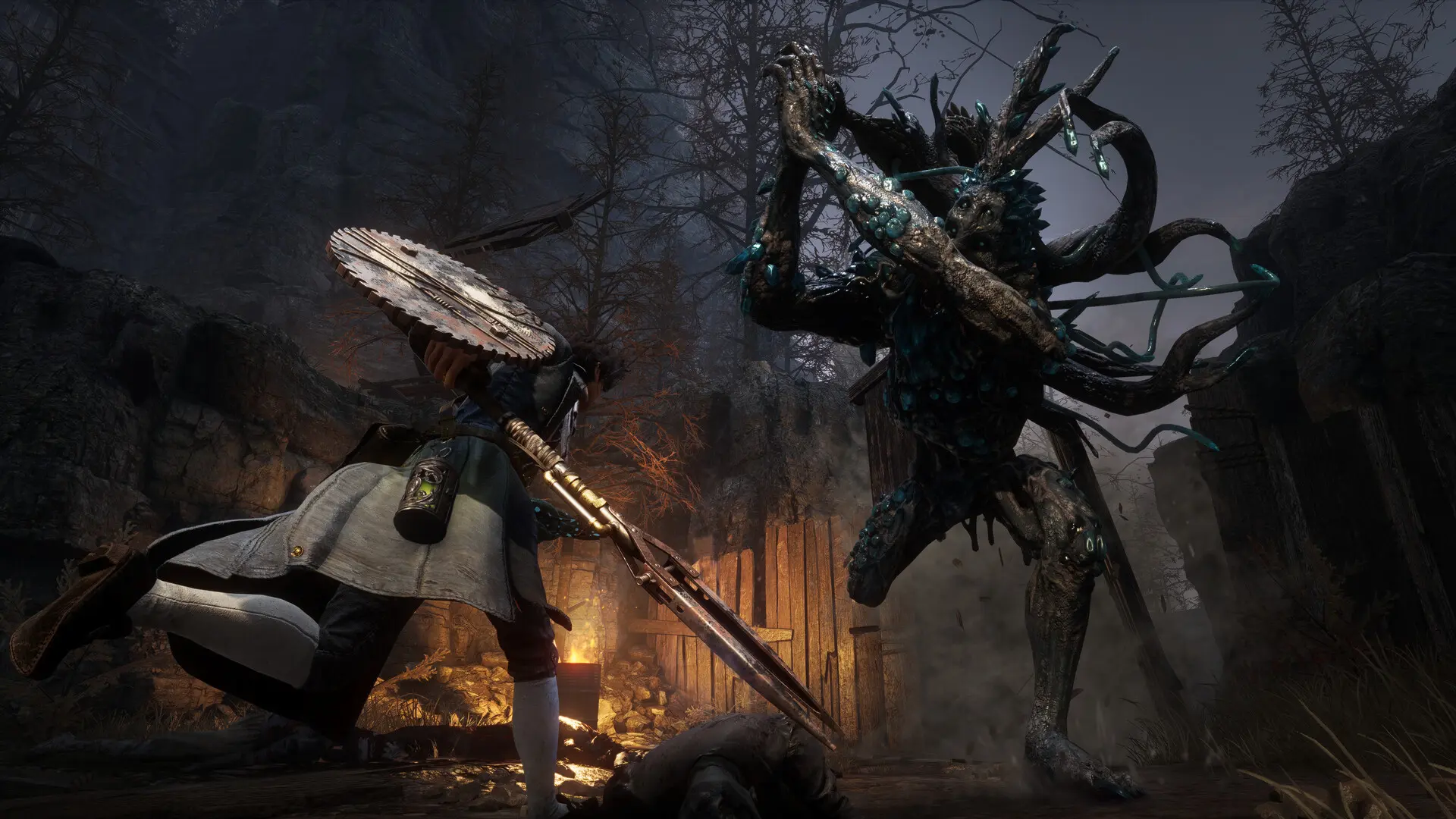
First, let's understand what this genre is about. It's an RPG with level progression, like most standard types in this genre: you level up and enhance your stats—strength, agility, health, and so on. However, an integral feature here is the difficulty, where a boss or even a regular mob can kill you in a few hits.
Souls-likes are often dark fantasy with gloominess and a medieval style. But there are exceptions, like Black Myth: Wukong, which is based on Chinese mythology and doesn't have dark fantasy. A characteristic feature of the genre is the classic elements that are indispensable: "souls" and "bonfires." These are fixed elements of the genre—they might appear differently, but everyone calls them that because it's customary.

Who is the father of this genre?
This will be brief because everyone knows this. It's Hidetaka Miyazaki, who was a game designer at From Software. It was there that the first souls-like appeared, called Demon’s Souls—an exclusive for PS3. After that, Dark Souls, Dark Souls 2, and Bloodborne were released.
Previously, souls-likes were something I thought impossible to complete, and only a very small audience played them. But now, it's one of the most beloved genres, and the audience is no longer small—the market is full of games of this type.

When did the popularity begin?
It all started with Dark Souls 3. It's here that the development of some other games in the genre began: Mortal Shell, Lies of P, Lords of the Fallen. All of them started being created after Dark Souls 3. And it's not surprising, as the game caused a lot of buzz, more than the first Souls. Many players consider the third part the best, but others say it's more casual than the first. It all depends on taste.

Some might think that Elden Ring gave a push to this genre, but no, it was Dark Souls 3. Elden Ring only brought even more attention and popularity, but the development of games truly began with Dark Souls 3—it’s thanks to it that more souls-likes have been released to date.
Elden Ring was released to critical acclaim, with ratings of 10/10 everywhere you looked. It was a sensation. People said, "It's Dark Souls 3 with an open world." Indeed, it was probably the first souls with a fully open world because, before, most games in this genre were semi-open. From Software released such a marvel, and the game sold over 30 million copies. It's impressive. And, of course, everyone wanted to replicate that success.
That's how WUCHANG: Fallen Feathers, Phantom Blade Zero, which is coming soon, The First Berserker: Khazan, and others started to appear. Many AA and indie games have also been released in this genre and will continue to be released—this is definitely not the end. But before, when I saw a new souls-like coming out, I was eager to anticipate the game.

Now it's not as impressive as it once was. I wish there were fewer of them, but they were of higher quality. WUCHANG, for instance, sold well, but as a game, it's mediocre, especially at launch.
From Software has become the true father of the genre. They created many souls games that established the key features of this direction: high difficulty, the "souls" system, and iconic "bonfires." These elements formed a unique formula that made souls-likes recognizable worldwide and gave us one of the most important genres in the modern gaming industry.
Souls-likes became popular because they offer players a unique experience—the challenge that forces you to learn from mistakes, a dark world that captivates with its atmosphere, and the feeling of true victory after overcoming bosses.



No comments yet! Be the first one to react